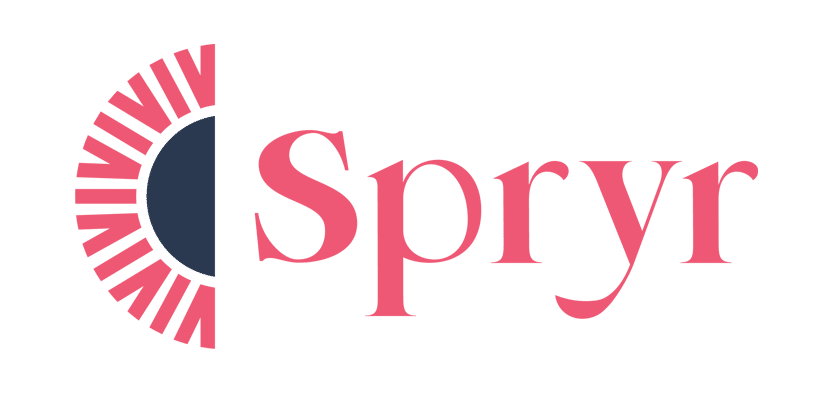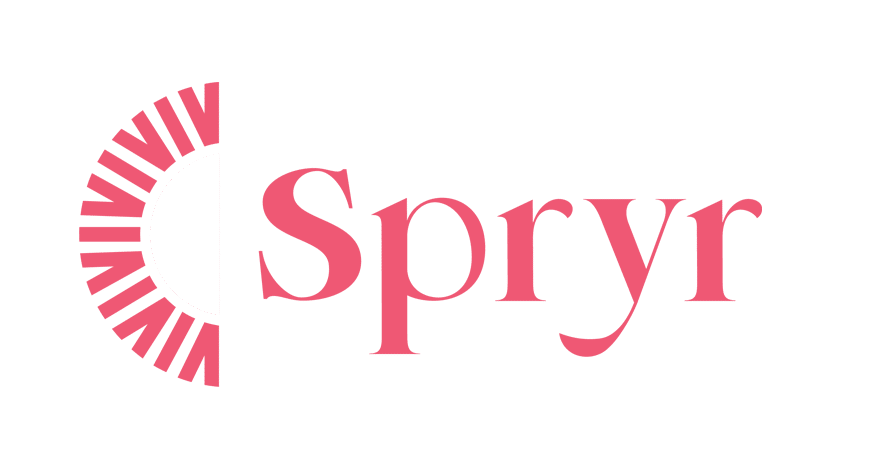The well-being of employees has taken center stage for organizations worldwide, particularly in light of the significant challenges brought on by the pandemic. Burnout is a pressing issue, with Gallup reporting that 77% of employees experience burnout on the job, directly impacting productivity and job satisfaction. As companies recognize the critical link between employee wellness and retention, many are integrating innovative wellness solutions like travel perks into their benefits programs. These incentives offer more than just a break; they serve as strategic tools for promoting mental health and reducing stress.
Combating Burnout Through Travel
Travel incentives are a powerful way to address workplace stress and burnout. By providing employees the opportunity to disconnect from their daily routines, these programs foster relaxation and rejuvenation. According to the Global Wellness Institute, wellness tourism—spanning spa retreats, yoga getaways, and mindfulness-focused resorts—is among the fastest-growing travel sectors. Offering such experiences can significantly boost morale, enhance job satisfaction, and reinvigorate productivity. Employees who feel their well-being is prioritized are more likely to remain loyal, reducing turnover and strengthening organizational culture.
The Mental Health Benefits of Travel
The positive impact of travel on mental health is well-documented. Vacations, especially those centered on relaxation and self-discovery, have been shown to lower stress levels, reduce the risk of heart disease, and enhance overall well-being. For instance, a study by the American Psychological Association highlights that breaks from work, including travel, can reset stress levels and improve focus. Companies like Google and Salesforce have already adopted travel-based wellness programs, reporting marked improvements in employee satisfaction and work-life balance. By integrating these benefits into their wellness strategies, businesses not only enhance employee mental health but also foster a more engaged and resilient workforce.
Personalization: The Key to Effective Travel Perks
The success of travel incentives lies in their ability to cater to diverse employee preferences. A one-size-fits-all approach can limit the appeal of such benefits, while personalized rewards ensure inclusivity and higher utilization rates. Whether it’s a tranquil spa weekend, an adventurous hiking trip, or a cultural exploration, allowing employees to tailor their travel experiences enhances the effectiveness of these programs. Personalized travel benefits demonstrate that a company values its employees as individuals, deepening their connection to the organization.
Key Takeaway: Incorporating travel incentives into wellness initiatives is more than just a trend; it’s a strategic investment in employee well-being and organizational success. By addressing burnout, promoting mental health, and fostering loyalty, travel rewards create a positive ripple effect that extends beyond the workplace. As more businesses embrace this approach, the workplace of the future promises to be healthier, more engaged, and more productive.



